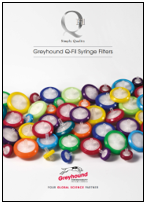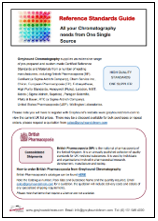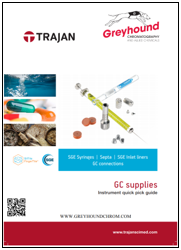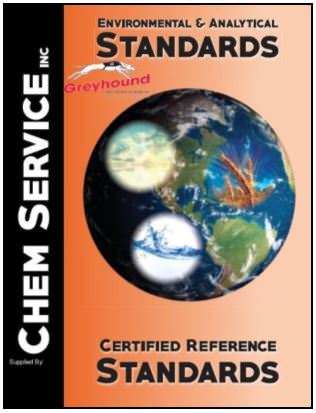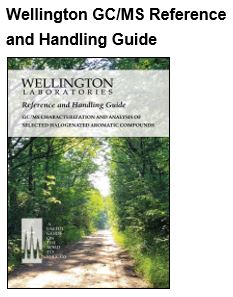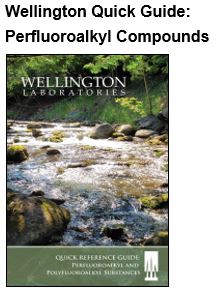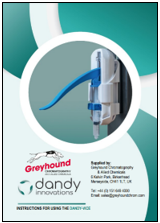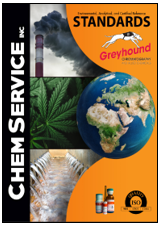Caffeine is in more than just your coffee
![]()
When researchers are spending late nights poring over notes and waking up early the next morning to work in the lab, many turn to tea or coffee for a little caffeine boost. However, unless you engineer personal care products, you may not realize that caffeine is a chemical compound commonly used in cosmetics and other health and medical products.
Caffeine is an organic compound that is found in a variety of consumable plants. Written molecularly as C8H10N4O2, caffeine is sometimes called methyltheobromine, guaranine, koffein, mateina, theine, 1,3,7-trimethylxanthine, cafeina or thein – often because of the plant that it is found in. An alkaloid and a purine, caffeine can also be made synthetically from uric acid.
Although many consumers likely do not think of their tea or coffee as a drug, it has strong physiological effects on humans and is the most used drug in the world. As Scientific American magazine explained, caffeine inhibits normal cell function in humans.
"At the cellular level, caffeine blocks the action of a chemical called phosphodiesterase (PDE). Inside cells, PDE normally breaks down the second chemical messenger cyclic adenosine monophosphate (cAMP). Many hormones and neurotransmitters cannot cross the cell membrane, and so they exert their actions indirectly via such second messengers; when they bind to a receptor on the surface of a cell, it initiates a chemical chain reaction called an enzyme cascade that results in the formation of second messenger chemicals," the magazine explained.
After cAMP stops being broken down, caffeine's effects are felt throughout the body where it acts as a stimulant and an antagonist of the central nervous system. For example, the heart pumps more rapidly because of higher norepinephrine and epinephrine levels in response to caffeine. The caffeine chemical compound works to make the effects of epinephrine last longer, giving people a high or stimulation.
Personal care uses of caffeine
Caffeine makes blood vessels constrict and may even prevent some unwanted enzymes in certain cells. These side effects make caffeine a good candidate for personal care products. The average consumer - even lab researchers – may not realize that their cosmetics contain caffeine.
One major use of caffeine is in anti-wrinkle and skin tightening creams and lotions. Some companies use it in cellulite treatments as well. In Japan, India and a number of other countries, caffeine is used to make skin smoother, firmer and tighter, Cosmetics and Toiletries magazine explained. The idea is that it will stimulate the skin cells and blood vessels to constrict and tighten up.
In Europe, caffeine has been a key ingredient in shampoos that claim to stimulate hair growth or combat hair loss, such as Switzerland's Koffein Tonikum Caffeine Anti-Hairloss Tonic by Bircal. Caffeine is also a component of a number of facial creams that seek to address skin damage. There is not a strong history of evidence that these are effective treatments, but many of the producers of these products swear by their effectiveness and caffeine is a drug that has definite physiological effects on the body.
Medicinal uses
However, caffeine has been found to reduce the likelihood of diabetes in a Harvard University study that examined 126,000 participants. People who consumed between 1 and 3 cups of coffee a day were less likely to develop diabetes.
As a purinergic P1 receptor antagonist, phosphodiesterase inhibitor and a CNS stimulant, caffeine can be a useful tool in health care. Caffeine has been used as a breathing aid. It is one of the chemical compounds used for the treatment of premature babies with trouble breathing as well as adults with apnea.
There are many scientific and medical studies into the effectiveness of various caffeine treatments.
Next time you grab a quick cup of tea or your second coffee of the morning, think about how it affects your body and the alternate benefits it may have for your skin, hair and body.
CONTACT US
Tel: +44 (0) 151 649 4000
Email: marketing@greyhoundchrom.com
FOLLOW US
YOU MAY ALSO BE INTERESTED IN OUR NEWSLETTER



